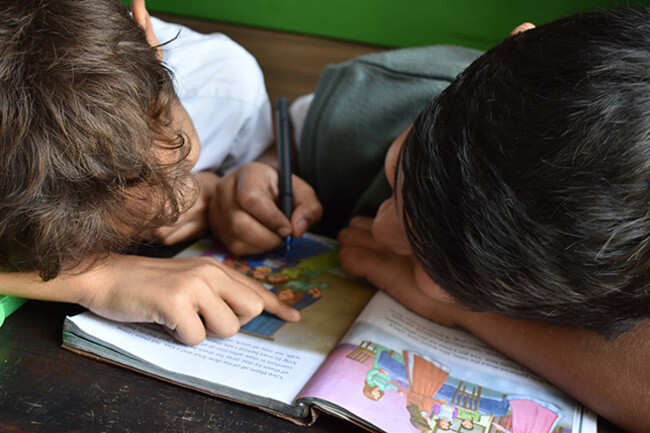Routines are quite essential at every stage of life—from early childhood and adolescence to adulthood. They help us cope with change, create healthy habits, improve interpersonal relationships, and reduce stress. A balanced circadian rhythm maintained through practical lifestyle habits, such as regular sleep patterns and consistent daily routines have far-reaching mental health benefits, from alleviating emotional health problems and preventing dependence on the substance to managing the symptoms of other mental disorders.
Routines help cope with anxiety. It’s important to be able to sit down, identify what’s worrying us, and address our concerns. When we create daily routines through exercising or changing our sleeping patterns, this allows our bodies to adjust and know what to expect.

Routine can be an anchor. No matter what’s going on in our day, knowing that we will be having our evening meal at a certain fixed time, and going to bed around a fixed time, can be a real comfort. The certainty of our routine can help us to manage the uncertainty that life can throw up. Coping with unpredictable periods of time can feel more doable when we have a little structure in place to look to. Routine can take the guesswork and uncertainty out of bits of our day, which can allow us to feel more in control and less stressed.
The same goes for mental routines—creating predictable scenarios through habits allows our mind to adjust, understand what to expect, and alleviate anxiety over the unknown. Journaling is a great way to establish a regular schedule, especially for those struggling with the symptoms of anxiety disorder. Journaling every day as a practice can help us start a process—or routine—of mental restoration and wellness.

Most of us have experienced extreme stress within the past year. The gradual accumulation of stress has led us to burnout, which has caused mental and emotional exhaustion, difficulties in interpersonal relationships, and decreased productivity at work. No matter how busy we are, there are different ways to restore emotional wellness. Try to stick to a morning routine, take periodical breaks throughout the day, schedule time to be alone, take note of one important thing we are grateful for, stop work at the same time every day.
Researchers have found links between family routines and children’s social skills and academic success. Also, routines are valuable for families during times of crisis. If a parent is ill, for example, children with routines are better able to cope.
Family routines can reduce the chances of a child showing symptoms of hyperactivity, impulsiveness, and other behavior disorders. Some studies have concluded that low levels of family routine are tied to oppositional defiant disorder, in which children are hostile and resentful. Researchers say that problem behavior is more common among children who don’t have consistent morning routines, mealtimes, bedtime, and homework time.

Creating a routine allows us to build in time for the important things. This includes time to rest, relax, and have fun. It’s not perfect – there are always going to be days when something overruns, a job takes three times as long as we expect it to take, or someone just comes in unexpectedly. But structuring our time to include some downtime increases the likelihood that we’ll manage to have that time most days. We will all value different things – for some of us it might be reading with the kids, others might want some time each day to play with their pet, some of us might enjoy sitting and reading for a little while. For many of us, it will be something else entirely, but that’s why our daily routines are individual to us.
Not all of us love exercising, but exercise is well known to boost our mood. If, and when, we feel able to start exercising, one of the big barriers to doing it can be time. It can be difficult to fit exercise into our day, particularly when life gets busy. By having a daily routine, even if exercise only features in it a couple of times a week, we can create time to take part in our exercise of choice.

Routine can help us to fit all of the important things into our day. The predictability of routine can offer some comfort in an otherwise unpredictable world. We have to be a little bit careful not to get so stuck in our routines that they start to cause us stress, or stop us from being able to do things that we want to do. As long as we’re finding our routines helpful and not harmful, and feel able to flex and change them as our life changes, they can be a great thing to build on and develop over time.
We all are unique. Not everyone requires a fully scheduled day to reap the health benefits of a routine. We can make the choices that work for us, knowing they’ll only make us healthier and more efficient with our time. Routines offer a way to promote a healthy lifestyle and wellness through structure and organization. Having a routine can greatly improve our health and we all like to stick to some habits.
Quite often, we might find ourselves having to make adjustments to our lives, to make room for recovery. It can sound counterintuitive but developing a daily routine can help us to feel more in control of everything, and help us to make room for all that’s important.
By: Dr. Roma Kumar is the Chief Psychologist at Emotionally.in.
Ref. Grazia